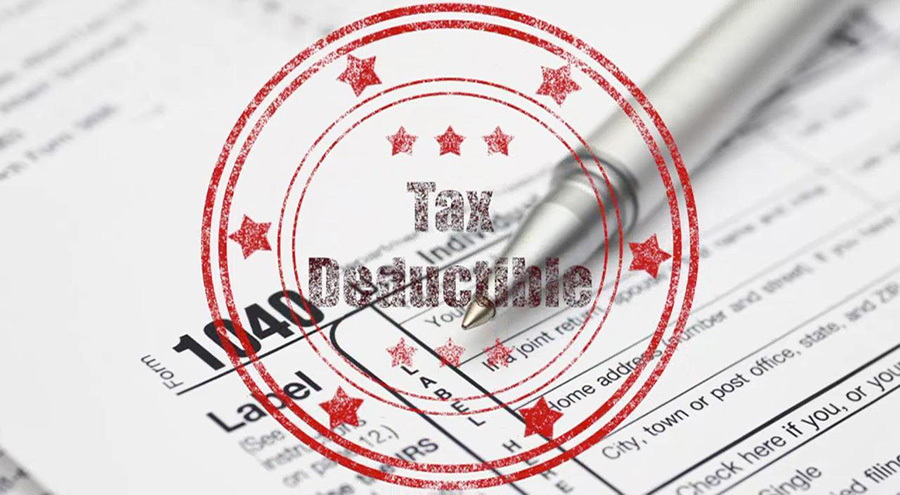Research Australia has used its submission to a Senate Inquiry to argue against the latest round of changes to the R&D Tax Incentive that have been proposed by the Government.
The changes contained in the Treasury Laws Amendment (Research and Development Tax Incentive) Bill 2019 are largely the same as the changes the Senate rejected early last year. Research Australia believes the changes are poorly designed and will significantly reduce R&D in the health sector. With expenditure on the R&D Tax Incentive Scheme having fallen dramatically in the last couple of years and with Government support for R&D at an historic low, Research Australia has urged the Senate Committee to reject the changes again.
Research Austrlaia’s submission is available here.
The submission of an alliance of seven groups from across the health and medical research and innovation sector, including Research Austrlaia, is available here.
The Committee’s final report has been delayed and is now to be tabled in the Senate on 24 August.


